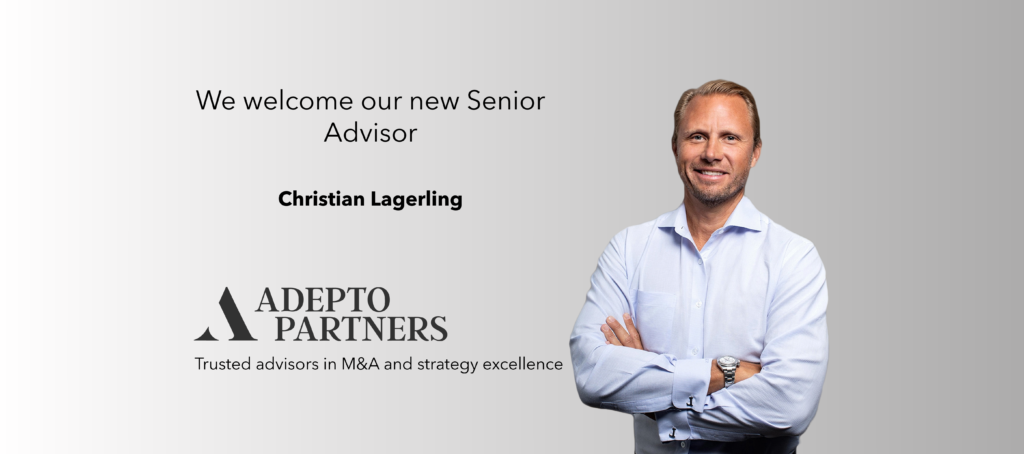A recent survey reveals that Project Managers are 3x more productive than junior consultants. However, they spend 40 to 50% of their time away from client work, instructing and guiding their juniors. We believe clients should receive full value from the consultants they hire. Therefore, Adepto Partners exclusively hires and staffs teams with experienced Project Managers.
Untapped Potential in Top Consultancies: The Power of Experienced Project Managers
In the fast-paced world of management consulting, firms like Bain and Company, BCG, and McKinsey & Co. pride themselves on driving significant value for their clients. To better understand the dynamics within these organizations, we conducted a survey of 53 current and former project managers from these leading consultancies. The findings reveal insights on untapped potential from project managers in delivering even better results for clients given that they are 3x more efficient but are currently spending as much as 40 to 50% of their time coaching and instructing more junior colleagues, which is directly funded by clients.
The Traditional Consulting Model
The traditional consulting model in top tier consultancy firms typically follows a hierarchical team structure that is similar across firms:
- Partners and principals: At the top of the hierarchy are the partners who serve as the face of the firm. They are responsible for client relationships, securing new business, and overseeing delivery of several projects simultaneously.
- Project managers: One manager with normally 3-5 years of experience handles the day-to-day management of each consulting project. They ensure that project milestones are met, coordinate the efforts of team including coaching/instructing team members, and serve as the primary point of contact between the consulting team and the client – they are also themselves involved in leading the research and analyses with the rest of the team.
- Consultants: There are typically 1-3 consultants staffed on each project that are responsible for the detailed research and data analysis that underpin the consulting projects. These roles are often filled by recent graduates or those early in their consulting careers, and they work closely with project managers who help them develop their skills.
The model has become the industry standard due to reasons that are typically in the best interest of the consultancy firms for maximum scalability and margin profile:
- Training and development: Utilizing more junior consultants who are coached and developed on the job ensures a steady development of more senior colleagues who in turn will eventually become partners and can secure new business. Extensive hiring of junior consultants is often required given the high churn rate due to strenuous workload.
- Scalability: Leveraging junior colleagues enables the business to scale as project managers do not have to perform all the tasks and are typically a scarce resource for most consultancies.
- Cost management: Junior colleagues have lower salaries but still mandate expensive rates, optimizing profitability for the consultancy.
The Productivity Powerhouse
Our survey of 53 project managers uncovered a striking productivity gap: project managers are, on average, 3x more productive than their more junior counterparts in consulting tasks (typically 2x more productive than Consultants and 5-6x more than Junior Consultants and new-hires). This finding is significant, highlighting the unmatched expertise and efficiency of seasoned professionals in delivering results for clients.
The difference, while striking, can be attributed to years of experience in a high-paced environment. Experienced project managers possess the ability to quickly grasp the task at hand, determine the necessary information for decision-making, gather relevant data, and create and visualize analyses using the appropriate tools.
“It takes a significant amount of time before a junior consultant is net positive in the value they add to a client – there is so much coaching and handholding required in explaining what is required for a specific analysis. This is true for more senior consultants as well but naturally gets better over time. In my last project, I believe that I could have done the work of the 3 consultants on the project. But it’s part of the job to develop and coach them.”
– Project Manager, Boston Consulting Group
The Mentorship Dilemma: Balancing Coaching with Client Value
Despite their impressive productivity, project managers report spending 40 to 50% of their time coaching, handholding and providing input to junior associates in order for them to complete their work – a task that, while essential for team development, does not directly add value to the client. The substantial portion of time dedicated to coaching junior colleagues highlights a critical area for improvement. While developing the next generation of consultants is crucial for long-term success, it inadvertently diverts project managers from client-centric tasks that drive value and results. Balancing the dual roles of leadership and mentorship presents a challenge for maximizing client value at all top consultancy firms.
“I would say that about half of my days were spent guiding the team on how to perform their analyses from gathering data to creating slides. There were constant iterations with all team members before the results were client-ready. In many cases, I could have completed the task in 45 minutes that could take them half a day.”
– Former Project Manager, McKinsey & Co.
Reimagining the Consulting Model
Our survey sheds light on the tremendous productivity of project managers and the significant time they dedicate to coaching junior colleagues. At Adepto Partners we only hire and deploy project managers with multiple years of experience to ensure that the most productive and adept team members are spending all their time on value-adding activities for our clients.
About the survey
53 current and former project managers from Bain and Company, BCG, and McKinsey & Co. in the Nordics were included in a survey conducted in May and June of 2024. Out of the survey, the two questions referred to in this article were:
- On average, how much more productive were you, or are you, versus more junior consultants on your teams in doing typical consulting tasks? This includes all forms of consulting work including research and completing analyses.
- What share of your workweek did you, or are you, spending on coaching and instructing/handholding consultants on your teams? This includes all time spent on tasks that would not have been required if you had completed the task yourself, such as explaining how to collect and analyse data, providing input on specific analyses, quality control (e.g., checking for errors and proof reading), and offering general feedback.


